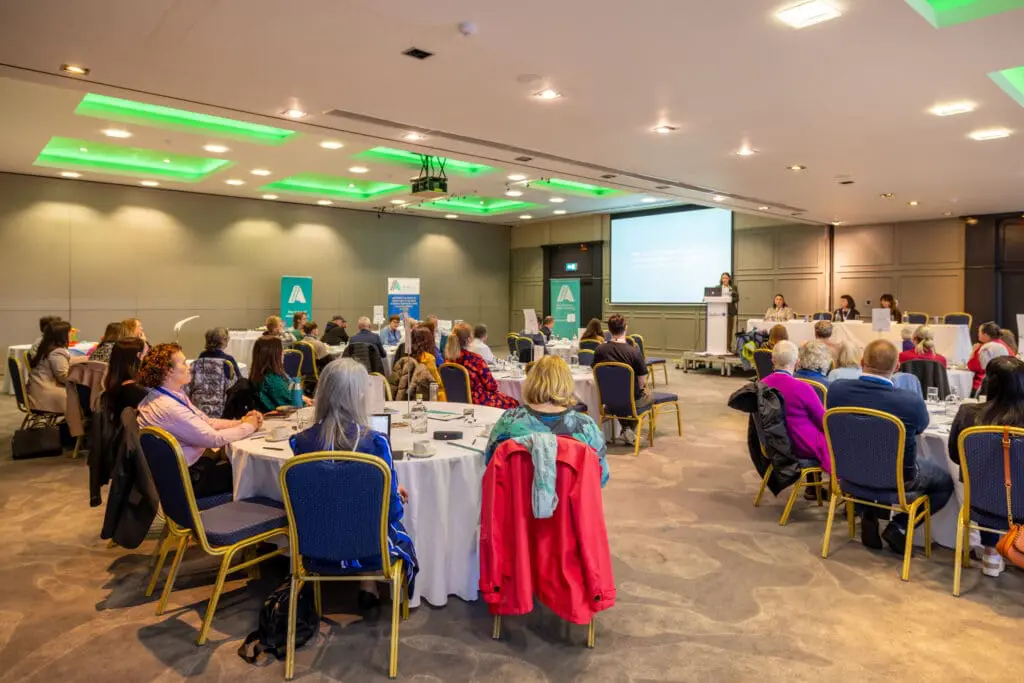Research
We conduct robust, evidence-based research into adult education, community education, and Further Education and Training (FET). We mainly do this through the National FET Learner Forum and research into community education in Ireland.

The National Further Education and Training (FET) Learner Forum
The National FET Learner Forum is a series of events taking place across Ireland, which facilitate adult learners to share their experiences of learning. This is the basis of our advocacy work and is used to ensure further education and training policy is responding to the needs of the learners themselves.
Since its launch, the Forum has reached thousands of learners. The project consists of one national event and a series of regional events held at Education and Training Boards across Ireland each year. We are here to listen to the voices of adult learners from across Ireland. We share the experiences of adult learners with SOLAS and the Department of Further and Higher Education, Research, Innovation and Science.
This means change happens from the ground up.
Learner Voices Across Ireland Report
We’re an independent voice, offering feedback on what’s working well and what needs to be improved in FET. We work with the Education and Training Boards (ETBs) and SOLAS to make learners’ opinions central to any policies or decisions.
The findings contained in Learner Voices Across Ireland report reflect the key issues affecting FET learners in the past academic year. Our focus group and survey questions reflect our interest in additional contextual factors such as the mental health and wellbeing of learners, and encompassing their accommodation and financial situations. The overall report illustrates some of the key problems facing these learners as they pursue education, as well as some of the holistic benefits of Further Education and Training.
The Adult Learner Journal
Join Us Today
Supporting Our Members
Membership
“Become a Member of AONTAS and influence the national agenda for adult and community education at a top level” Johns Philips, Carlow